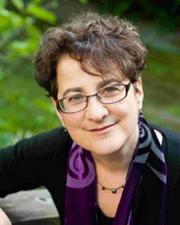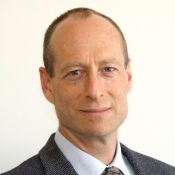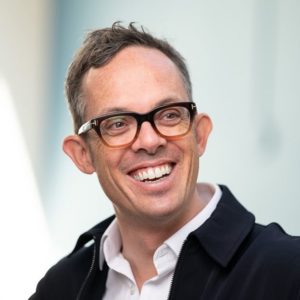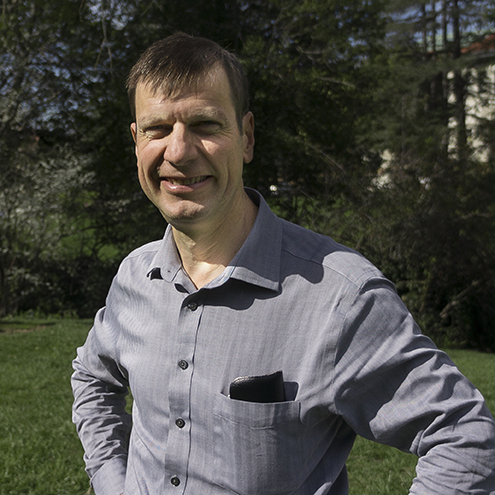For Faculty
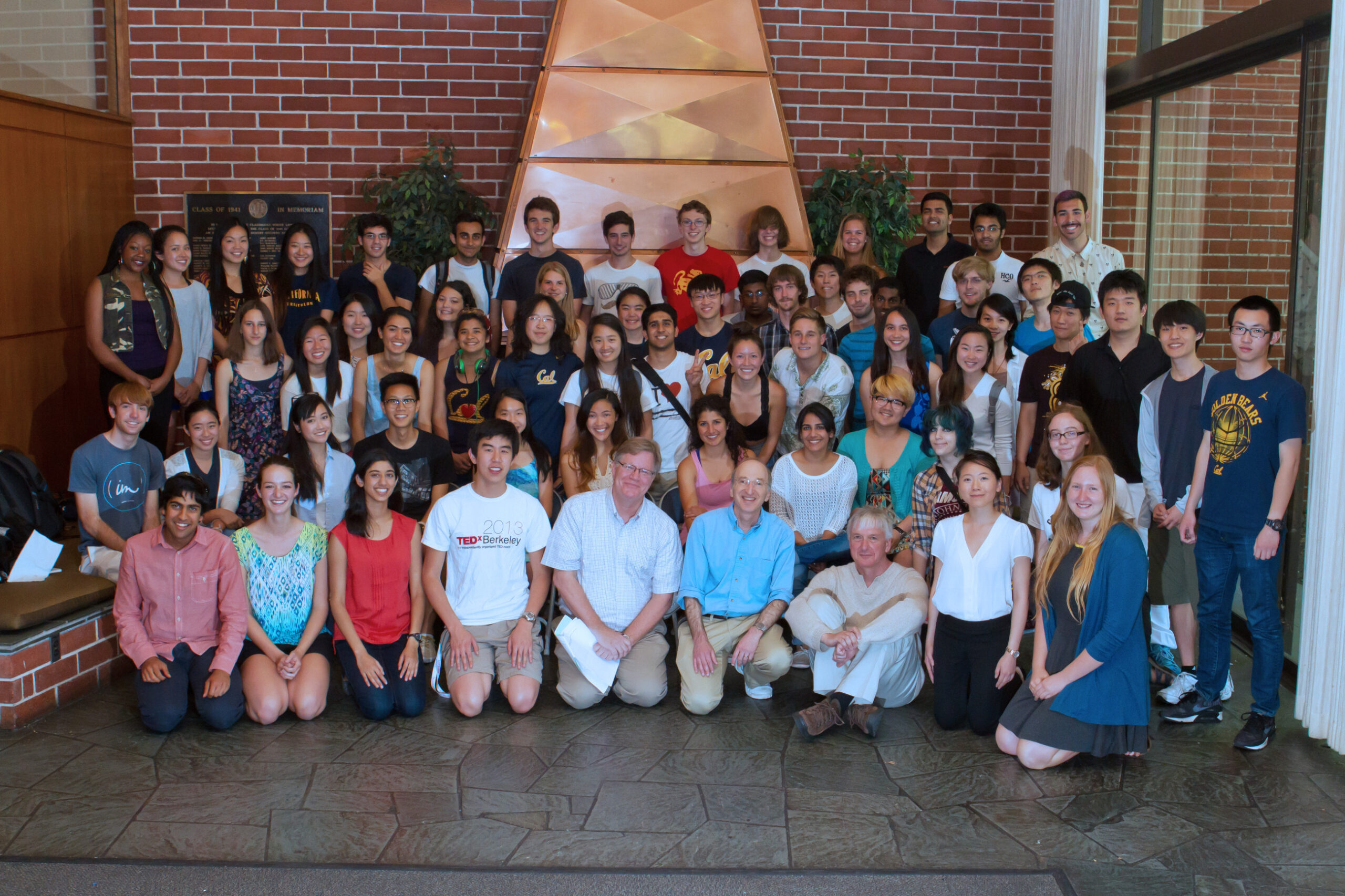
Since its launch in 2012, the Big Ideas Courses program has inspired new ways of thinking and learning, kindled new levels of intellectual curiosity, and furthered the ultimate aim of a liberal arts education by altering the way our students see and interact with the world.
The campus offers hundreds of excellent courses. What sets Big Ideas Courses apart is that they take up key intellectual and societal challenges that cannot be adequately addressed by the perspective or methodology of one discipline alone. Most importantly, Big Ideas Courses are truly co-taught by two or more faculty members from different departments, meaning that both or all of the instructors attend every class meeting, and interact with one another and the students.
This kind of teaching is a challenge, but it’s a rewarding challenge. Faculty participants report that Big Ideas Courses push them outside their intellectual comfort zones, resulting in, as Robert Sharf (East Asian Languages and Cultures) expressed it, “the most intellectually stimulating and challenging experience that I have had with undergraduate teaching since I came to Berkeley.” And the students benefit from seeing the faculty members model the process of taking in new knowledge and adjusting their perspectives as a result. It’s no wonder that the students find these courses transformational.
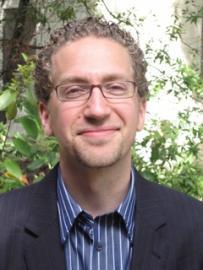
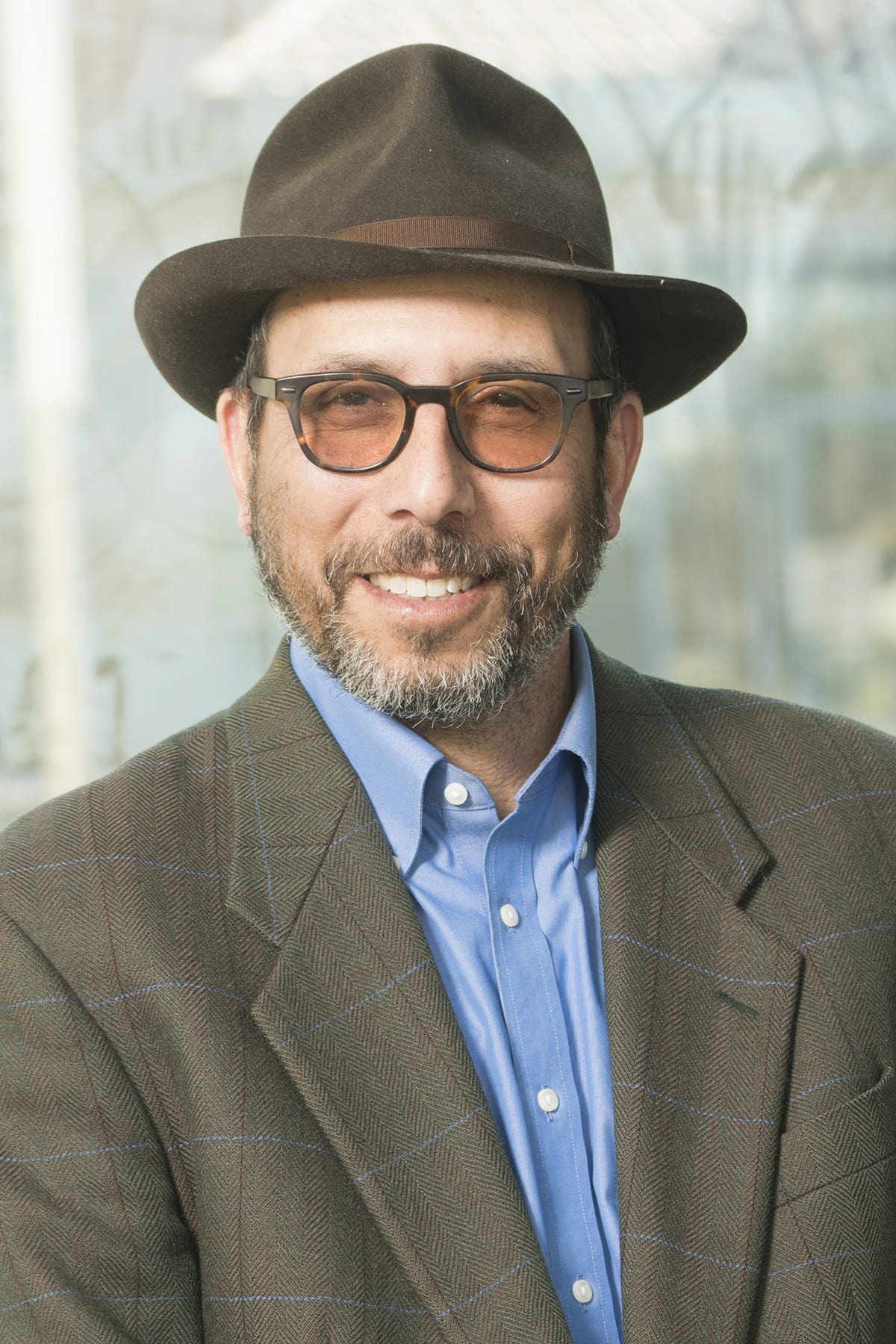
Call For Proposals
Interested in proposing a course? We issue a call for proposals each fall, for courses proposed for the following or subsequent year. Off-cycle proposals are sometimes entertained. Proposals should be one or two pages long, and describe both the course topic and the different disciplinary approaches each instructor would bring to it. If you have an idea but no co-instructor in mind, the program director may be able to help you recruit someone to teach with. Because these courses are truly team taught (and developed as a team) you will want to find someone you are compatible with, someone who stimulates your thinking and inspires you.
Questions? Contact Aileen Liu, Director of Curricular Engagement Initiatives, to set up a time to talk.
- 2022 Call for Proposals due Thursday, November 17, 2022
- 2021 Call For Proposals due Thursday, November 18, 2021
- 2020 Call For Proposals due Friday, November 20, 2020
- 2018 Call For Proposals due Friday, November 16, 2018
- 2017 Call For Proposals due Friday, November 17, 2017
- 2016 Call For Proposals due Tuesday, December 6, 2016
- 2014 Call For Proposals due Friday, December 5, 2014
- 2013 Call for Proposals due Friday, December 6, 2013
- 2012 Call For Proposals due Friday, November 2, 2012
- 2011 Call For Proposals due Friday, December 9, 2011
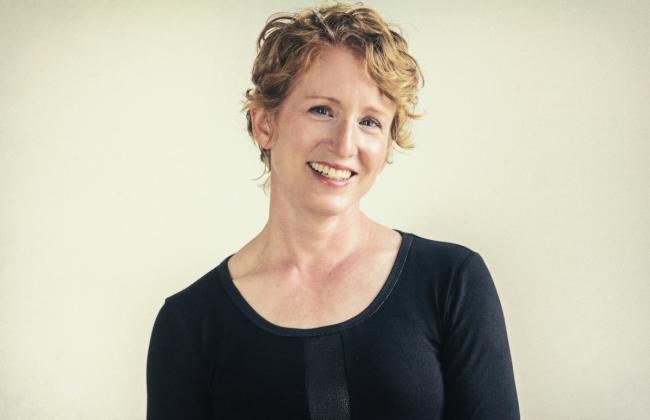
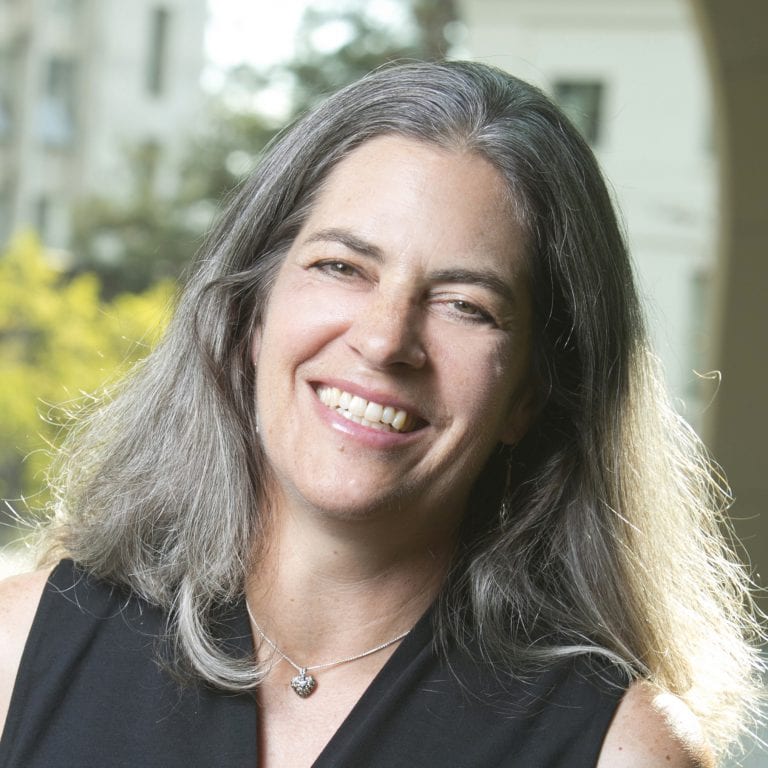
Goals and Objectives
The Big Ideas Courses initiative was developed with the following goals in mind:
- Engender a respect for collaboration among individuals who are already deeply informed on different aspects of a particular question or subject.
- Encourage a realization that any idea or point of view can be bettered—and occasionally even changed—by exposure to the enriching influence of another set of ideas or methodologies presented by an equally informed but differently educated peer.
- Demonstrate for students the value of teamwork, which is likely to be a lynchpin concept throughout their working life, whether they become a lawyer, a manager, a neuroscientist, or a symphony musician.
- Provide a compelling transformative breadth experience for students, to complement the intellectual depth of the major: breadth courses are key to a liberal arts education.
In Big Ideas Courses, two or more co-instructors actively demonstrate for students the kind of communication and breakthrough learning that can result when varied, yet equally legitimate, approaches are brought to bear on a subject or problem. Through exposure to lively faculty discourse, students experience the kind of dialogue and debate that takes place in the most vital and cutting-edge professional and scholarly environments. These courses promote active learning: students follow the lead of their faculty in engaging directly with the course material, as opposed to passively noting down the insights of the professors. Because no one professor is the “sage on the stage” in these courses, everyone is empowered and inspired to contribute actively.
